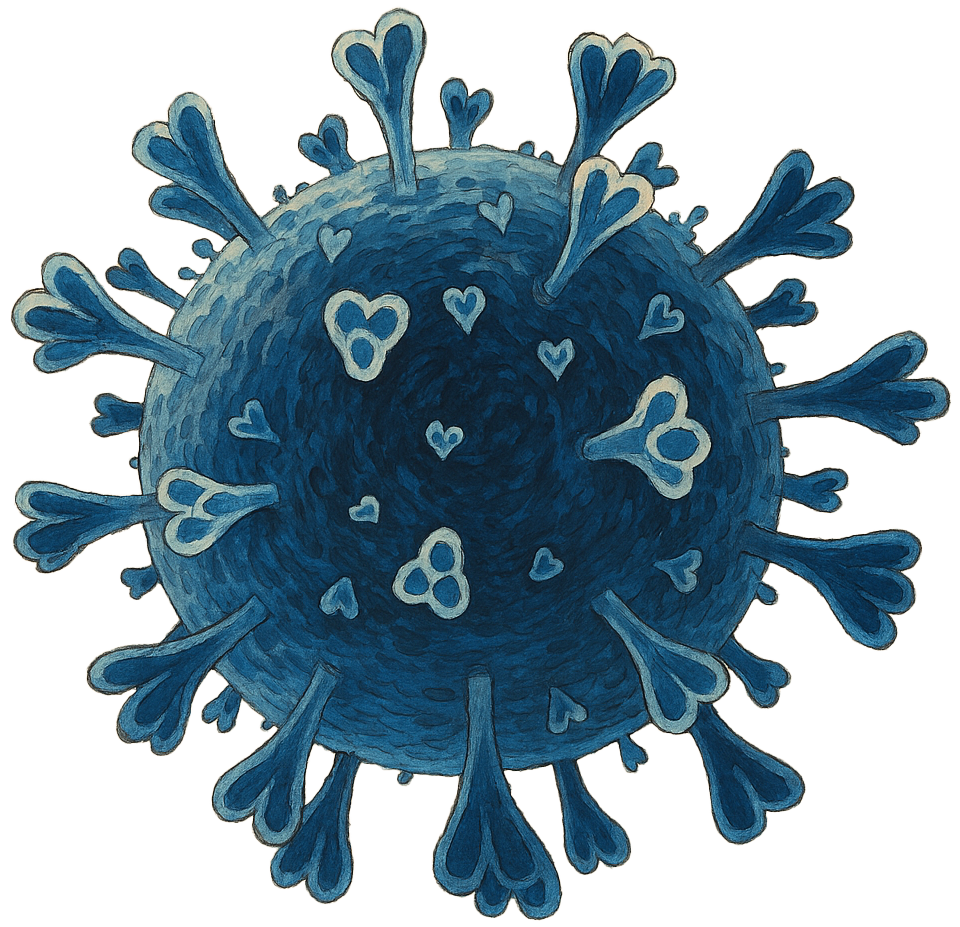Dalcetrapib for COVID-19

COVID-19 involves the interplay of 350+ viral and host proteins and factors providing many therapeutic targets.
Scientists have proposed 10,000+ potential treatments.
c19early.org analyzes
190+ treatments.
, Small molecules in the treatment of COVID-19, Signal Transduction and Targeted Therapy, doi:10.1038/s41392-022-01249-8
AbstractThe outbreak of COVID-19 has become a global crisis, and brought severe disruptions to societies and economies. Until now, effective therapeutics against COVID-19 are in high demand. Along with our improved understanding of the structure, function, and pathogenic process of SARS-CoV-2, many small molecules with potential anti-COVID-19 effects have been developed. So far, several antiviral strategies were explored. Besides directly inhibition of viral proteins such as RdRp and Mpro, interference of host enzymes including ACE2 and proteases, and blocking relevant immunoregulatory pathways represented by JAK/STAT, BTK, NF-κB, and NLRP3 pathways, are regarded feasible in drug development. The development of small molecules to treat COVID-19 has been achieved by several strategies, including computer-aided lead compound design and screening, natural product discovery, drug repurposing, and combination therapy. Several small molecules representative by remdesivir and paxlovid have been proved or authorized emergency use in many countries. And many candidates have entered clinical-trial stage. Nevertheless, due to the epidemiological features and variability issues of SARS-CoV-2, it is necessary to continue exploring novel strategies against COVID-19. This review discusses the current findings in the development of small molecules for COVID-19 treatment. Moreover, their detailed mechanism of action, chemical structures, and preclinical and clinical efficacies are discussed.
, Enhanced compound-protein binding affinity prediction by representing protein multimodal information via a coevolutionary strategy, Briefings in Bioinformatics, doi:10.1093/bib/bbac628
Abstract Due to the lack of a method to efficiently represent the multimodal information of a protein, including its structure and sequence information, predicting compound-protein binding affinity (CPA) still suffers from low accuracy when applying machine-learning methods. To overcome this limitation, in a novel end-to-end architecture (named FeatNN), we develop a coevolutionary strategy to jointly represent the structure and sequence features of proteins and ultimately optimize the mathematical models for predicting CPA. Furthermore, from the perspective of data-driven approach, we proposed a rational method that can utilize both high- and low-quality databases to optimize the accuracy and generalization ability of FeatNN in CPA prediction tasks. Notably, we visually interpret the feature interaction process between sequence and structure in the rationally designed architecture. As a result, FeatNN considerably outperforms the state-of-the-art (SOTA) baseline in virtual drug evaluation tasks, indicating the feasibility of this approach for practical use. FeatNN provides an outstanding method for higher CPA prediction accuracy and better generalization ability by efficiently representing multimodal information of proteins via a coevolutionary strategy.
, Recent advances in small-molecular therapeutics for COVID-19, Precision Clinical Medicine, doi:10.1093/pcmedi/pbac024
Abstract The COVID-19 pandemic poses a fundamental challenge to global health. Since the outbreak of SARS-CoV-2, great efforts have been made to identify antiviral strategies and develop therapeutic drugs to combat the disease. There are different strategies for developing small molecular anti-SARS-CoV-2 drugs, including targeting coronavirus structural proteins (e.g. spike protein), non-structural proteins (nsp) (e.g. RdRp, Mpro, PLpro, helicase, nsp14, and nsp16), host proteases (e.g. TMPRSS2, cathepsin, and furin) and the pivotal proteins mediating endocytosis (e.g. PIKfyve), as well as developing endosome acidification agents and immune response modulators. Favipiravir and chloroquine are the anti-SARS-CoV-2 agents that were identified earlier in this epidemic and repurposed for COVID-19 clinical therapy based on these strategies. However, their efficacies are controversial. Currently, three small molecular anti-SARS-CoV-2 agents, remdesivir, molnupiravir, and Paxlovid (PF-07321332 plus ritonavir), have been granted emergency use authorization or approved for COVID-19 therapy in many countries due to their significant curative effects in phase III trials. Meanwhile, a large number of promising anti-SARS-CoV-2 drug candidates have entered clinical evaluation. The development of these drugs brings hope for us to finally conquer COVID-19. In this account, we conducted a comprehensive review of the recent advances in small molecule anti-SARS-CoV-2 agents according to the target classification. Here we present all the approved drugs and most of the important drug candidates for each target, and discuss the challenges and perspectives for the future research and development of anti-SARS-CoV-2 drugs.
Please send us corrections, updates, or comments.
c19early involves the extraction of 200,000+ datapoints from
thousands of papers. Community updates
help ensure high accuracy.
Treatments and other interventions are complementary.
All practical, effective, and safe
means should be used based on risk/benefit analysis.
No treatment or intervention is 100% available and effective for all current
and future variants.
We do not provide medical advice. Before taking any medication,
consult a qualified physician who can provide personalized advice and details
of risks and benefits based on your medical history and situation. IMA and WCH
provide treatment protocols.
Thanks for your feedback! Please search before submitting papers and note
that studies are listed under the date they were first available, which may be
the date of an earlier preprint.
